The Legal Process and Terminology
-
Arrest
Police arrest based on probable cause that a crime was committed. They then turn over the evidence to the prosecutor who decides whether to file charges and if so, which one(s).
-
Filing the complaint
The prosecutor files a “complaint” with the court. The complaint is a document which alleges charges against a person.
-
Arraignment
At this stage, a person is advised of the charges and his/her constitutional rights. Bail is often set by the court to ensure that a person will appear for future court dates. The judge determines the bail amount using two factors: risk of flight and danger to the community. Bail amounts can range. In some cases, the court will not set bail. In other cases, the person is released on his/her own recognizance.
-
Preliminary hearing
Preliminary hearings are only held in felony cases. At this hearing, the judge determines whether there is enough evidence to support the charges. If there is, the person is held to answer and sent to Superior Court for trial. The judge and prosecutor can add charges and/or adjust bail at this stage.
-
Second arraignment
If the person has been held to answer, the prosecutor files a charging document called an “information” which alleges the charges. The person is again advised of these charges and informed of his/her constitutional rights.

